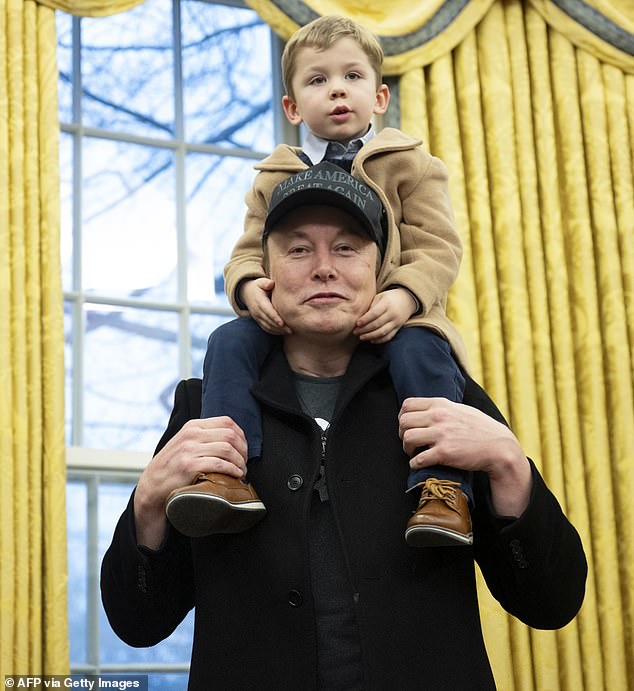
American Women Fueling Elon Musk’s Population Collapse Fears with Declining Birthrates
Elon Musk’s “Population Collapse” Warning Gains Traction as Study Reveals American Women’s Fertility Uncertainty
Elon Musk has long argued that declining birth rates pose a graver threat to civilization than climate change. New research now suggests American women’s growing ambivalence about motherhood might validate his concerns. A study analyzing over 41,000 U.S. women aged 15–44 found that 50% of those who want children are unsure if they’ll ever have them, citing economic pressure, social shifts, and emotional doubts.
Younger Women Drive the Shift
The study, published by Ohio State University sociologists, highlights stark generational divides. Women under 30 show rising doubts about whether and how many children they want, while those aged 30–44 report stable intentions. Researchers linked this trend to falling U.S. fertility rates, which plummeted 21% between 2007 and 2023—coinciding with the aftermath of the Great Recession.

Musk, a father of 14, warns that low birth rates risk economic collapse, strained healthcare, and social unrest.
Money, Education, and Motherhood
Wealth and education also play a role. Women with higher incomes or degrees were more confident about future parenthood—though even this group saw a drop in certainty, from 65% in 2014 to 54% in 2018. Conversely, 25% of childless women felt indifferent about never having kids—a sentiment rising among younger demographics.

Data reveals growing doubts among younger women (Source: National Survey of Family Growth).
The “Why” Behind the Numbers
Lead researcher Sarah Hayford noted, “People’s feelings about having children are complicated.” While societal factors like political instability or climate fears are often blamed, a follow-up survey of 3,696 individuals found personal dissatisfaction—not global concerns—most influenced decisions. Those unhappy with their finances, relationships, or careers were less likely to pursue parenthood.
Musk’s warnings resonate here: fewer births mean fewer workers to support aging populations, escalating debt, and strained social systems. The U.S. fertility rate, once stable at 2.0 children per woman, fell to a historic low of 1.62 in 2023—far below the replacement level of 2.1.
A Cultural Crossroads
Modern women increasingly see parenthood as optional, not inevitable. Hayford explains, “Younger women are open to different life pathways. Not having kids isn’t a tragedy for many.” This cultural shift, amplified by economic instability, hints at lasting demographic challenges.

Younger women report lower confidence in their parenting plans compared to older cohorts.
Conclusion
As debates about population decline intensify, Musk’s focus on collapsing birthrates gains urgency. While climate change dominates global discourse, this study underscores a quieter crisis: a generation increasingly uncertain about bringing children into an uncertain world. For policymakers, addressing the economic and social barriers to parenthood may be critical to reversing the trend—before it’s too late.


